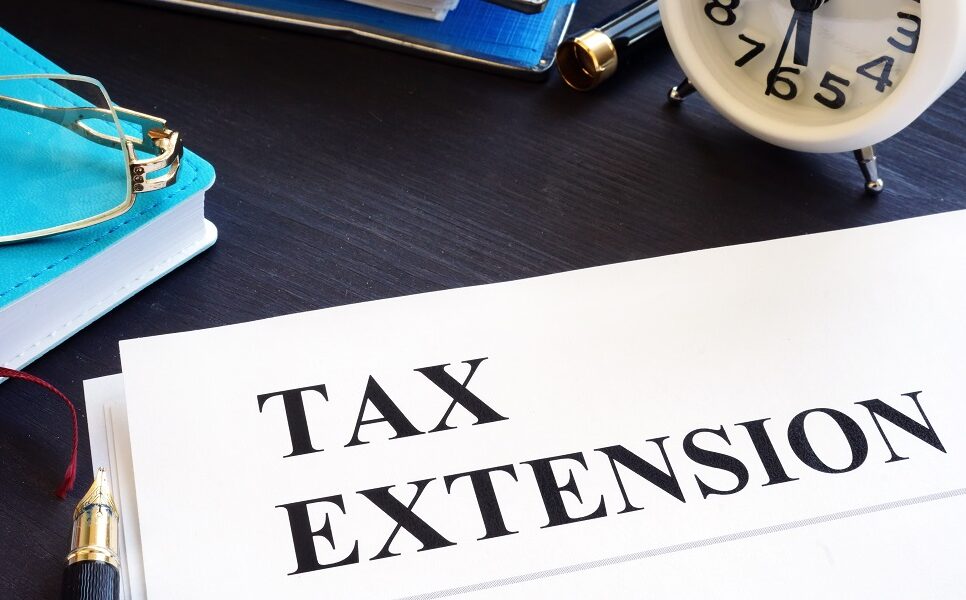Taking care of your taxes as a freelancer might be challenging. There are several factors to take into account, ranging from monitoring income and spending to comprehending credits and deductions. Making the most of their tax savings while making sure they file their taxes accurately and on time is a problem that many freelancers deal with. Freelancers may occasionally discover that they need additional time to collect all the data and paperwork required to properly file their taxes. This is the point at which a tax filing extension request becomes relevant.
What is a 1099k?
Prior to proceeding with the tax filing extension request procedure, it is imperative to comprehend the meaning of a 1099k. To record revenue received through payment processors like PayPal, Stripe, or Square, utilize Form 1099k. The payment processor will send you a 1099k if you have 200 or more transactions in a calendar year and have received payments totaling $20,000 or more. For independent contractors, this form is crucial since it guarantees that all revenue is appropriately recorded on your tax return.
Tax deductions for self-employment
You must pay self-employment taxes as you are a freelancer and are regarded as self-employed. The employer and employee components of Social Security and Medicare taxes are included in self-employment taxes. Freelancers can, however, take advantage of some deductions to reduce their tax obligations. Expenses for your firm, such as office supplies, equipment, travel, and marketing, are some typical self-employment tax deductions. Freelancers might possibly minimize their tax liability by utilizing these deductions, which can also lessen their taxable income.
Use Online Estimated Tax Payment
It is mandatory for freelancers to make projected tax payments all year long in order to prevent underpayment fines and interest. Usually paid on a quarterly basis, estimated taxes are determined by your anticipated year revenue. As a freelancer, you may pay your anticipated taxes online by visiting the IRS website. Freelancers may effortlessly monitor their payments and make sure they are fulfilling their tax responsibilities by utilizing online payment methods. Online projected tax payments are also safe and convenient, which is why many independent contractors use this option.
Asking for an Extension for Tax Filing
As a freelancer, you can ask for a tax filing extension if you find that you need extra time to submit your taxes. Normally, you have until April 15th to submit your taxes; but, if you ask for an extension, you can extend that date by six months. Fill out IRS Form 4868, Application for Automatic Extension of Time to File U.S. Individual Income Tax Return, in order to obtain a tax filing extension. To avoid late filing penalties, this form must be submitted by the initial tax filing date.
In conclusion, for efficient tax management as a freelancer, it’s critical to comprehend the procedure for seeking a tax file extension. You can file taxes with confidence if you are familiar with ideas like the 1099k, self-employment tax deductions, and online anticipated tax payments. It is important to maintain organization, monitor earnings and outlays, and obtain expert assistance as necessary to guarantee that you are optimizing tax benefits and timely and properly completing your taxes.
